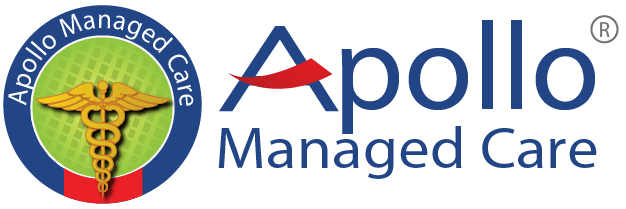Age-Related Macular Degeneration (AMD) and Low Vision Awareness Month
What is Age-Related Macular Degeneration (AMD)?
Age-related macular degeneration is a common condition that affects an area of the retina (the macula) that provides most useful vision. The disorder may affect one or both eyes gradually distorting and reducing central vision if untreated. Peripheral or ‘side’ vision is relatively unaffected.
AMD is the leading cause of vision loss in persons over 65 who have a European genetic background. It increases from an incidence of about 1% in the sixth decade to 15% in the ninth. Smoking is the most important risk factor, having a 3-fold associated increased risk of AMD as compared to non-smokers.
How is AMD Diagnosed?
AMD is diagnosed by examination of the retina following dilation of the pupil. Either an ophthalmologist or an optometrist can establish the diagnosis.
Findings observed in the retina determine whether an individual’s eye is affected by a typically prolonged phase of the disorder termed ‘dry’ AMD characterized by tiny fatty retinal deposits termed drusen. Vision may become progressively impaired, often over a period of years.
A more rapidly progressive form of AMD is termed ‘wet’ AMD. The vision loss in wet AMD is caused by the growth of abnormal leaky blood vessels that eventually damage the area of the eye responsible for central vision.
The Amsler Grid provides a home self test for evidence of macular disease. It can be viewed at https://www.macular.org/amsler-chart.
What About Treatment?
AMD often can be effectively treated by a diet rich in fruits and vegetables while containing little animal (saturated) fat. A specially formulated vitamin preparation is available: Bausch & Lomb’s PreserVision. Diet and PreserVision have been shown to slow the progression of AMD or even over a prolonged time period lead to elimination of most drusen. (https://www.preservision.com)
In recent years, a number of medications for intraocular (intravitreal) injection by ophthalmologists who are specialists in the treatment of retinal disorders have become available. These agents are termed anti-VEGF (anti vascular-vascular endothelial growth factor).
Particularly in early or intermediate stages of AMD, the result can be dramatic over time. Intraocular injections are usually required every few weeks or months.
Laser treatment, called photodynamic therapy (PDT) may also be appropriate treatment for selected retinal conditions.
If you are a subscriber, view Apollo’s related ophthalmology guidelines or contact us to learn more about our Medical Review Criteria and Clinical Guidelines!
References
- American Academy of Ophthalmology: What Is Macular Degeneration? (accessed 02-2020)
- American Macular Degeneration Foundation: Amsler grid. https://www.macular.org/amsler-chart (accessed 02-2020)
- Johns Hopkins Medicine Health Library: Laser Photocoagulation for Age-Related Macular Degeneration; https://www.hopkinsmedicine.org/health/treatment-tests-and-therapies/laser-photocoagulation-for-agerelated-macular-degeneration (accessed 02-2020)
- National Eye Institute: Age-Related Macular Degeneration; https://www.nei.nih.gov/learn-about-eye-health/eye-conditions-and-diseases/age-related-macular-degeneration (accessed 02-2020)
You might also like
Latest Trends
Current client? Download here.
Customers with an active license to use the Apollo Managed Care online portal can now easily access our online guidance on their mobile phone or tablet. Download Apollo Go from Google Play or the App Store today!
Learn more and get integrated with Apollo
We're available 24-hours a day, 7 days a week.
Sitemap
Useful links
Apollo Managed Care is a product provided by MedPharm Services LLC
Apollo Managed Care | All Rights Reserved.

